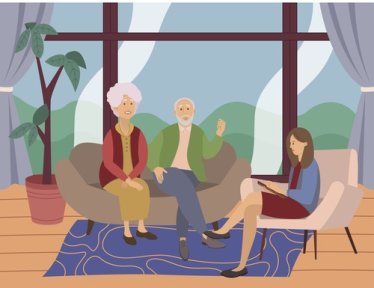Update: ASWB Exam Administration Changes
Over the past few days, we’ve received a number of concerned emails from customers worried about other exam prep companies announcing ‘major changes’ to the ASWB exams, effective immediately. We want to take a few minutes to discuss the changes that are occurring, as well as those that are not. While we know any changes can feel anxiety provoking, there is truly no need to worry. The current changes have to do with the exam administration format-not the questions themselves. No changes have been made to the content of the exam. The exam questions and content have not changed. So what are the










